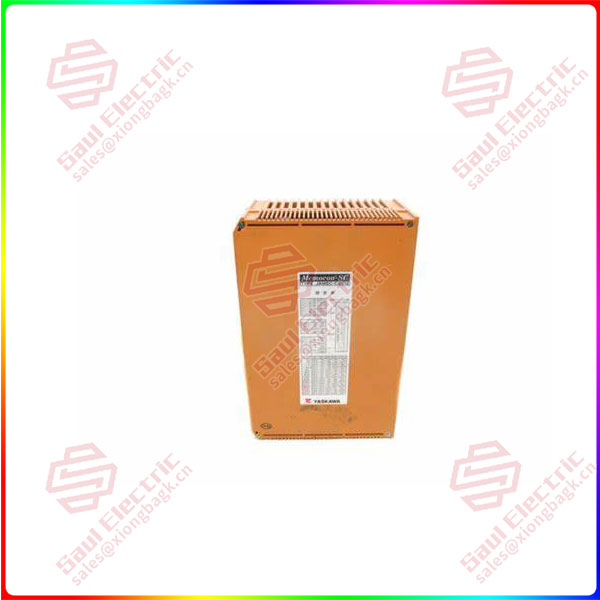The new IC design and validation solution combines AI technology with the scalability benefits of cloud services to address product complexity and accelerate time to market
Siemens Digital Industry Software has launched its new Solido Design Environment software, which uses artificial intelligence (AI) technology to support integrated circuit (IC) design and verification in the cloud. It helps design teams meet increasingly demanding power, performance, yield, and reliability requirements to accelerate time to market.
Today’s growing demand for differentiated applications in industries such as wireless, automotive, high performance computing (HPC) and the Internet of Things (IoT) is increasing the complexity of IC design. Siemens’ new Solido Design Environment software is designed to help IC designers meet this industry challenge by providing a unified approach to customized IC design and validation, helping designers achieve high overall design quality, reduce time to market, and optimize design solutions along the way.
As a new addition to Siemens’ Intelligent Custom IC verification platform, Solido Design Environment software uses artificial intelligence technology and cloud deployment capabilities to provide a unified circuit design platform capable of handling nominal and deviation-sensing analysis, including SPICE level circuit simulation setup, measurement and regression, as well as waveform and statistical results analysis.

DDSCR-R84H
Using artificial intelligence, the solution enables users to discover optimal paths to improve circuit power, performance, and area, and perform statistical yield analysis with production accuracy, with significantly shorter runtimes than brute force methods. The software also incorporates new Additive Learning technology that helps design and validation teams significantly improve performance and leverage retained AI models for smarter, faster AI decisions and analytics. With these advanced features, Solido design environment software enables designers to achieve validation accuracy of up to 6 Sigma and achieve higher yields, coverage, and accuracy at significantly faster speeds than brute force exhaustive Monte Carlo analysis.
Amit Gupta, vice President of Digital Industrial Software and General manager of Custom IC Verification at Siemens, said: “The number of semiconductor devices is growing rapidly in many application areas, and engineering teams must adapt to higher design complexity and increasing deviation effects while meeting power, performance, area and yield targets. Siemens’ new Solido design environment software uses advanced AI technology for Signoff bias analysis and seamlessly integrates this technology into a cloud-deployed intelligent design environment, which is a major breakthrough in our custom IC design. Provides a disruptive advantage for standard cell, memory and analog IP design teams.”
Some of Siemens EDA’s customers are already using Solido design environment software. SK hynix Inc., the world’s leading provider of memory and sensor technology Using Solido design environment software dramatically reduces overall production time. “Validation accuracy and turnaround time are very critical factors in the design process as we develop the next generation of memory technology,” said Do Chang-Ho, Head of Computer Aided Engineering at SK hynix. “Siemens’ Solido design environment software provides brute force exhaustive precision bias analysis and powerful, easy-to-use design optimization that significantly reduces the time we take from initial design to production.”
Sam Bagwell, U.S. Head of Design Services at Forza Silicon (AMETEK, Inc.), said, “Siemens EDA is constantly listening to customers and developing solutions that users really need. Our designers use Solido design Environment software as a simulation environment to provide customized low-noise, high-resolution, ultra-fast CMOS image sensors for a range of applications such as cinematography, machine learning, automotive, augmented reality/virtual reality, and more. “Thanks to Solido’s efficient design workflow, intuitive visualizations, and excellent user support, we had a great experience.”
Patrick Camilleri, co-founder and VP of engineering at Crypto Quantique, said: “In our production custom design approach, the flexibility and adaptability of Solido design environment software allows us to easily integrate it into existing methods and take full advantage of tool-assisted workflow capabilities to improve design efficiency.”
“Solido Design Environment software’s deviation-aware validation is a huge benefit to our design process,” said Randy Caplan, CEO of Silicon Creations. “Its ability to identify potential problems quickly and precisely at high sigma gives us insight into how to optimize our designs so that they are highly robust and help us continue to deliver world-class design IP to our customers.”
 1 Year Warranty
1 Year Warranty





